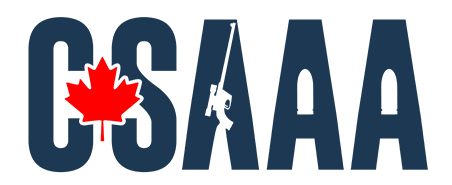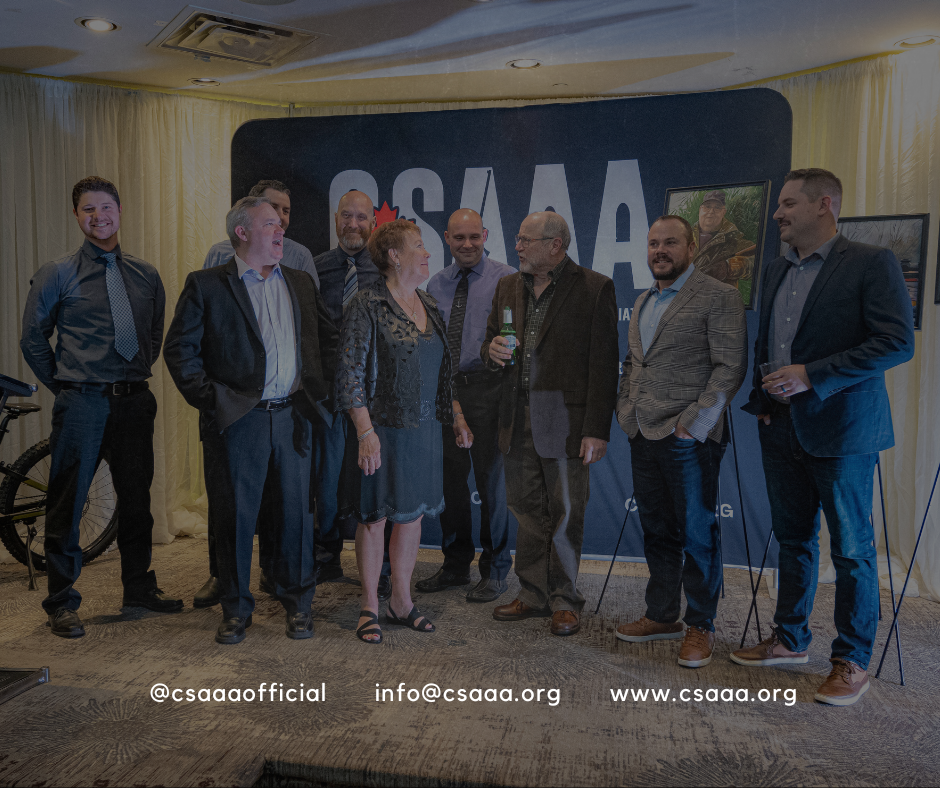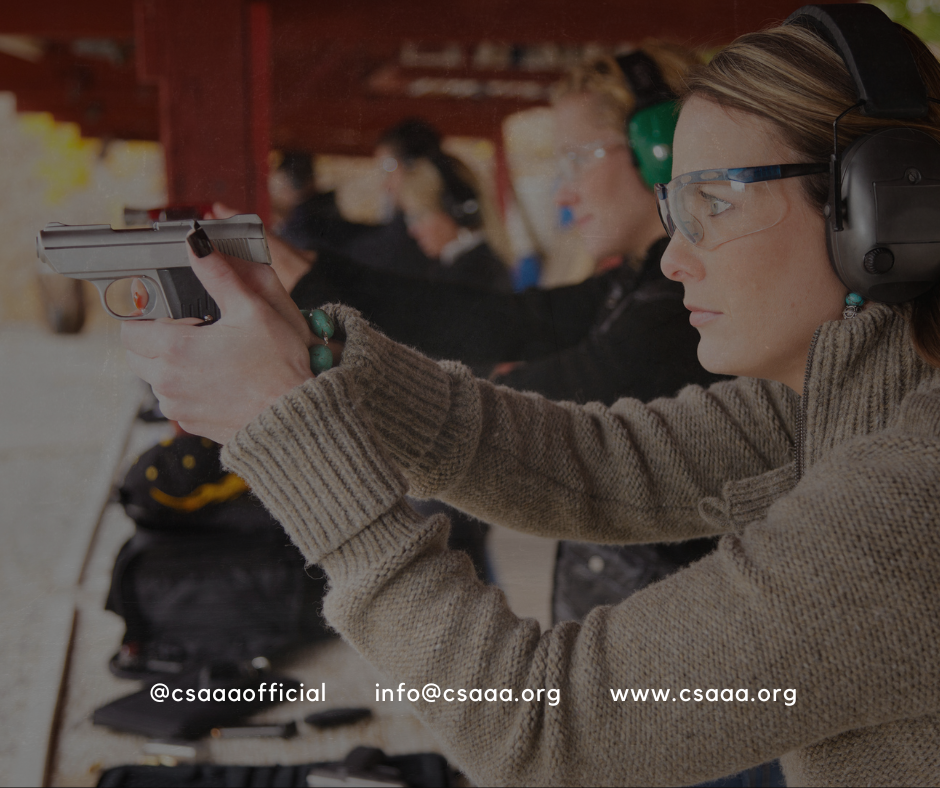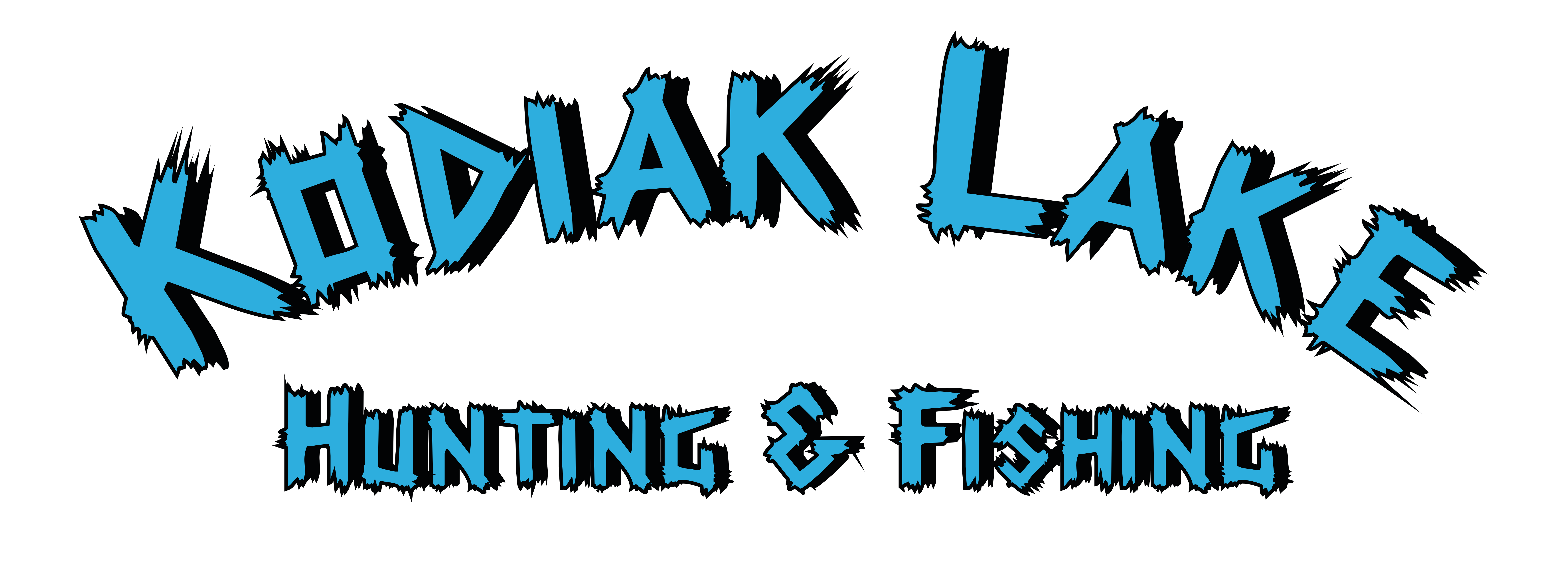After the May 2020 prohibition that sent shockwaves through the hunting and firearm industry, the Trudeau government’s mandatory gun “buyback” or confiscation initiative is proving to be more complex and costly than they anticipated. The Canadian Sporting Arms and Ammunition Association (CSAAA) has been vocal in expressing concerns regarding the program’s logistical complexities and financial impact on businesses and Canadian taxpayers.
A key oversight highlighted by the CSAAA is the modular nature of many of the newly prohibited sporting arms. These firearms consist of various interchangeable parts and accessories, almost like the “Mr. Potato Head” of guns, which can be combined to create firearms falling under the ban. This modular complexity renders many of the parts, components, and accessories for these firearms virtually worthless. If this mandatory confiscation program is the take place, businesses and individuals should be compensated for the parts and components that are now unusable.
The government and mainstream media’s portrayal of the program’s impact has been misleading. While many claim that only 144,000 guns are affected, the reality is far more substantial, with well over 518,000 firearms impacted and the prohibition list still expanding. This discrepancy underscores the need for transparency and accurate reporting on the program’s scope and implications. Especially as it will significantly impact taxpaying Canadians, costing them billions.
Adding to the program’s woes is Canada Post’s refusal to accept firearms for confiscation due to safety concerns for their employees. Many post offices lack adequate security, and firearm packaging is far from discrete or difficult to deceiver, posing serious security risks to postal workers and post offices for breaking and theft. This refusal further complicates the logistical challenges of the buyback program and underscores the need for alternative solutions.
The time, money and resources being exhausted on this confiscation program would be much better utilized in initiatives aimed at reducing Canada’s rising crime rate. Canadians deserve initiatives that prioritize public safety without wasting taxpayer dollars on ineffective measures that are only shutting down small businesses, creating job loss and attacking Canada’s most lawful citizens.
The CSAAA remains committed to advocating for fair treatment and practical solutions for businesses navigating these uncertain times. The industry awaits further developments and guidance from the government while emphasizing the need for initiatives that genuinely address public safety concerns and allocate resources effectively.
Follow Our Socials













